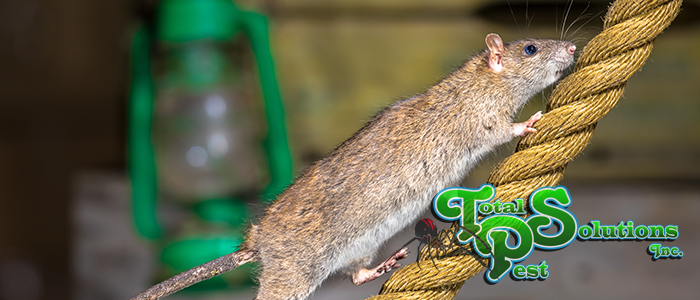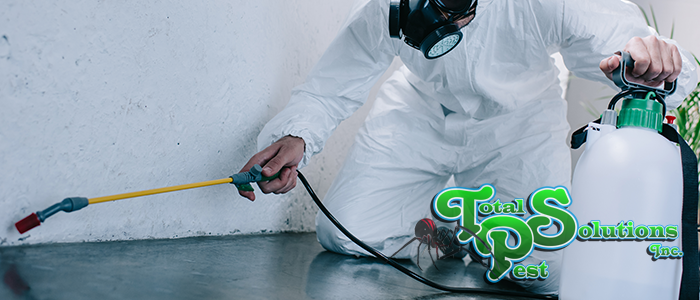
It can absolutely be a shock when you’re taking out your garbage at night and find yourself suddenly face to face with a big furry critter with glowing eyes – And it’s all well and good if it’s an isolated incident, but now that you’ve seen a raccoon what should you do? Are raccoons dangerous – And how can you prevent them in the first place? What do you do if they set up camp? You’re sure to have a lot of questions after a scare like that, but let’s break down the issue into a few smaller ones.
Just in Case – What Is A Raccoon?
Some people have the idea that raccoons are rodents, like squirrels and rats – Others suggest they must be a small form of bear or canine. In reality, raccoons belong to their own family – Procyonidae. This family is a family of carnivorous mammals that includes raccoons, ringtails, coati, and other critters found mostly in North and South America. Raccoons have a range that covers most of the US and Canada. It is almost entirely a single species known as “the” raccoon, Procyon lotor. However, a crab-eating variety does exist in some places.
They get their name – lotor, Latin for “washer” – From their behavior that resembles “washing” food in the water. They find food underwater near the shoreline and rub it down to remove this or that. This gives it the appearance of washing their food – And a captive raccoon will even bring dry food to the water to wash it. Scientists have not observed this in the wild, though. In urban environments, they are very successful foragers that tend to rifle through garbage, which gives their name a bit of irony.
Are Raccoons Dangerous?
Usually, raccoons are shy animals that prefer to run away when faced with a human. However, in areas where their natural habitats have been reduced due to urban development, this fear can fade. Raccoons sometimes fight back when cornered by people or pets, when they’re sick, or when they’re protecting their young. Even if a raccoon seems calm, you should never approach one.
This goes for your pets, too – If you notice raccoon activity, don’t leave pets leashed or unattended outside until you know it’s safe, as raccoons have sharp teeth and claws that they will use to fight with.
Raccoons also carry diseases. While many people know them to carry rabies, people aren’t aware that their droppings and bodily fluids can transfer a sometimes fatal parasite called roundworm. Children and pets who come in contact with raccoon droppings are especially at risk.
What to Do When You See One
When you see a raccoon, don’t approach! Back away in a calm, quick manner. The raccoon will not try to attack unless it is hurt. However, rabid raccoons can be very aggressive. In the rare event, a raccoon gets inside, closes the room it’s in from the rest of the house and allows it to leave through an open window or door. Advise others when a raccoon is in the area, as this can be a problem for neighbors with pets and children.
Prevention
Prevention is the best medicine when it comes to raccoons. Keep your garbage bins securely closed, and make sure that raccoons are unable to enter into attics, garages, or under decks as they will use these areas to reproduce. If you find you have a raccoon infestation, you will need to call professionals to have them removed.
continue reading
Related Posts
Rat Infestation: A Nightmare in Your Home As a homeowner, […]
Don’t Let Pests Take Over: The Top 5 Signs You […]
Flea Infestations in Your Workplace – A Complete Guide for […]






